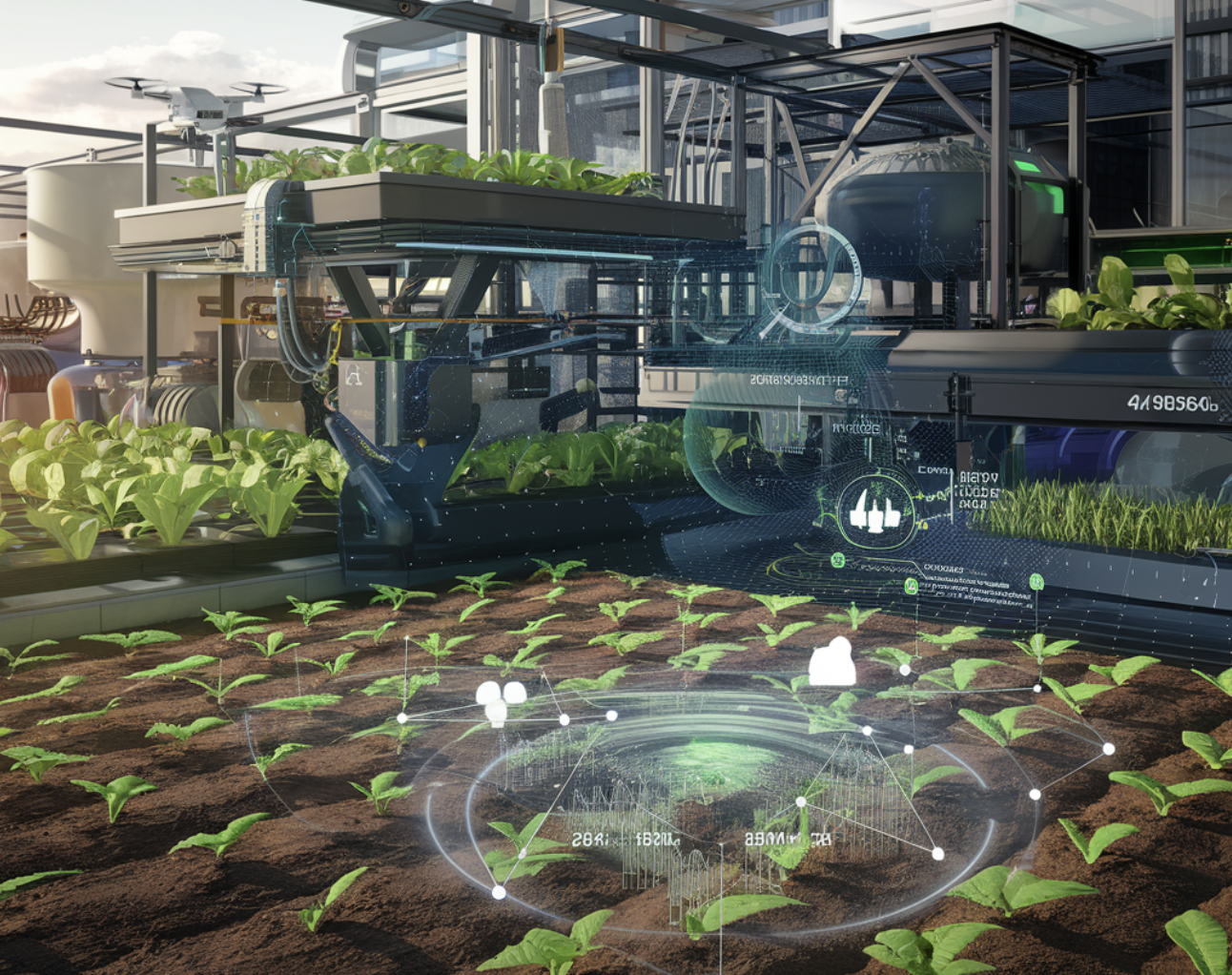
The Need for a Comprehensive Soil Quality Index
The absence of a universal Soil Quality Index (SQI) poses a significant challenge to improving crop productivity and environmental sustainability. Traditional SQIs are slow to detect changes in soil health, but microorganisms in the soil respond quickly to changes in land use and management practices.
Leveraging AI for Enhanced Soil Quality Assessment
Advances in AI, particularly ML, have revolutionized predictive modeling across various fields, including agriculture. Integrating AI with soil microbiome data, alongside conventional physicochemical parameters and productivity metrics, could lead to developing a dynamic and flexible Artificially Intelligent Soil Quality Index (AISQI).
Integrating AI and Soil Management for Sustainability
Integrating AI into soil management holds significant potential for enhancing sustainable agriculture. ML, a branch of AI, is crucial for analyzing extensive datasets, identifying patterns, and making predictions. Developing an AISQI could be a crucial tool for forecasting soil responses to various management practices, enabling farmers to make more informed decisions that effectively balance productivity with sustainability.
The Role of Soil Microorganisms in Soil Quality
Soil microorganisms constitute a significant portion of soil biodiversity and are essential for maintaining soil structure, nutrient cycling, and overall ecosystem health. Advances in high-throughput sequencing and AI have made it possible to analyze soil microbial communities in unprecedented detail, improving the accuracy and timeliness of predictions.
Developing a Multi-Level Artificially Intelligent Soil Quality Index
The development of an AISQI requires a multi-level approach, enabling land managers to conduct virtual experiments, test different management scenarios, and select the most effective strategies for their specific soil conditions.
Conclusion
The potential benefits of an AISQI are significant, offering a means to improve soil management practices, enhance agricultural sustainability, and mitigate the environmental impacts of farming. Collaborative efforts among soil scientists, bioinformaticians, and AI experts will be essential to realizing this vision and developing a robust and dynamic soil quality index for the future.
Check out the Paper. All credit for this research goes to the researchers of this project. Also, don’t forget to follow us on Twitter and join our Telegram Channel and LinkedIn Group. If you like our work, you will love our newsletter.
Don’t Forget to join our 50k+ ML SubReddit
Here is a highly recommended webinar from our sponsor: ‘Building Performant AI Applications with NVIDIA NIMs and Haystack’
If you want to evolve your company with AI, stay competitive, use for your advantage Advancing Agricultural Sustainability: The Role of AI in Developing a Comprehensive Soil Quality Index.
Discover how AI can redefine your way of work. Identify Automation Opportunities: Locate key customer interaction points that can benefit from AI. Define KPIs: Ensure your AI endeavors have measurable impacts on business outcomes. Select an AI Solution: Choose tools that align with your needs and provide customization. Implement Gradually: Start with a pilot, gather data, and expand AI usage judiciously.
For AI KPI management advice, connect with us at hello@itinai.com. And for continuous insights into leveraging AI, stay tuned on our Telegram t.me/itinainews or Twitter @itinaicom.
Discover how AI can redefine your sales processes and customer engagement. Explore solutions at itinai.com.




























